I’ve been teaching my kids how to compare and measure objects for the past weeks.
Here are some of the activities that we did, and some of the things that I learned about teaching this unit:

Comparing Objects
Activities We Did
1 – Compared students’ hights.
- I started by asking students to find a buddy and to decide who was shorter and who was taller. Students practiced using the vocabulary by saying “I am taller than___ and he is shorter than me.” or “I am shorter than ___ and he is taller than me.”
- Next I asked students to get in groups of 3, and to line up from shortest to tallest. This time their sentences were “___ is the tallest and ___ is the shortest.”
- I continued to increase the number of kids in the group until the whole class was lined up.
As you can imagine, allowing students to be in charge of this activity caused my classroom to be noticeably loud from the hallway (ha). However, it also gave students a wonderful opportunity to use interpersonal skills to accomplish the task at hand!
2 – Compared objects in their pencil boxes.
- Students compared their pencils, crayons, erasers, and other objects they wanted to.
- At first, they used 2 objects, then they moved to three to incorporate all the vocabulary.
3 – Compare the size of their feet.
- I asked students to compare their foot to the foot of a friend. Then, I asked them to get into groups of 3 and to line up their feet from longest to shortest (not easy to line up 3 feet!)
Things that I learned:
1 – Don’t assume that your students know that objects have to be lined up! Model extensively.
2 – Don’t assume that your students know the vocabulary! Have a visual cue with the words you want them to use in sentences.
 |
| In retrospect, this chart needed more information that I never included. The vocabulary words longest, tallest, and shortest should have made it, and the Measuring with Nonstandard Units should have been another chart altogether. |
Measuring Objects
Activities We Did
Besides allowing my students to measure many objects around our classroom, I did another activity that turned out really well using the book “Measuring Penny” by Lorren Leedy.
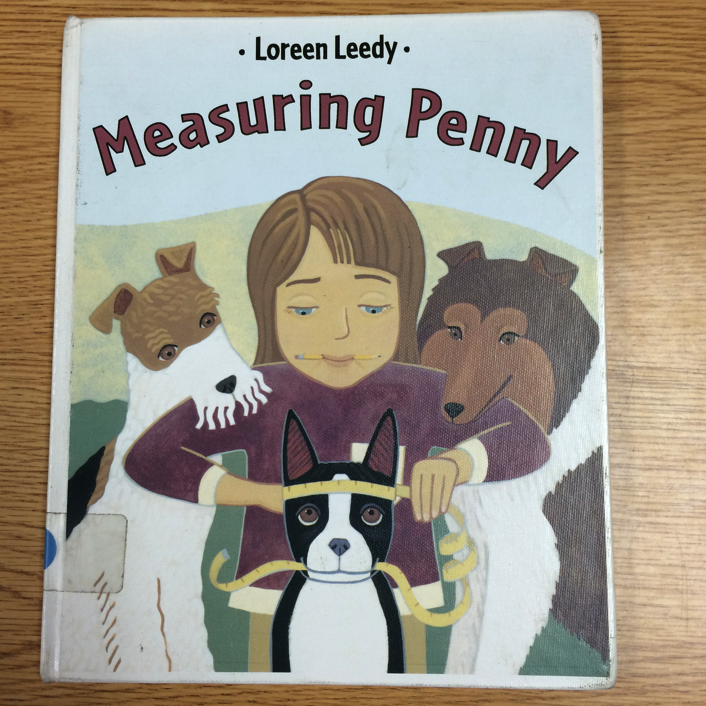
Here’s how it went:
1. I read the book Measuring Penny up to the pages that had to do with measuring hight and length. The book goes into a lot more than that, and I wanted to get going!
2. I distributed large pieces of construction paper, and had my students draw a picture of their dog. If your students don’t have a dog, they can draw a picture of any dog they want.
3. I asked my kids to glue these forms to their paper.
 |
| I’m sure you can make yours a lot cuter! I just used what I had saved in my files from years ago… |
4. I took paper clips, links, square tiles, and connecting cubes and placed one bin on each group of desks. The idea was to create different stations that kids could rotate through.
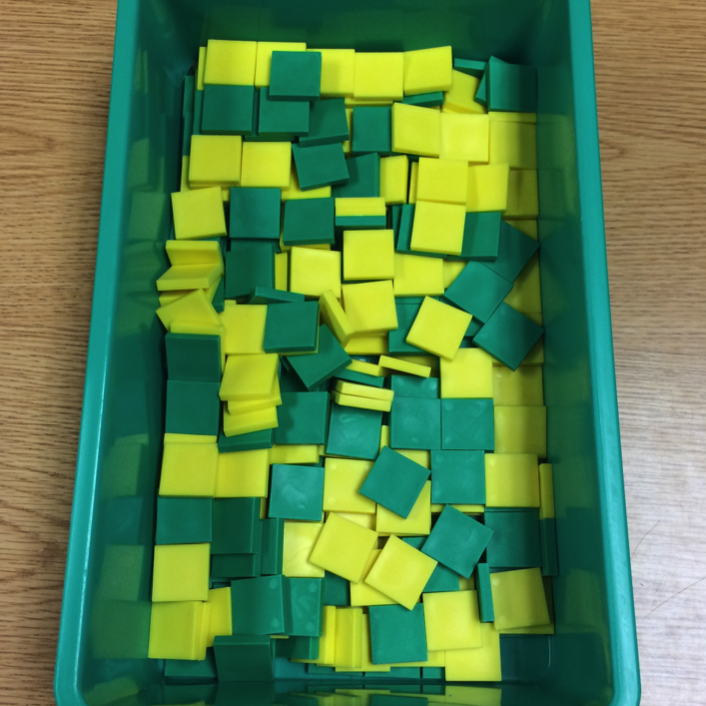
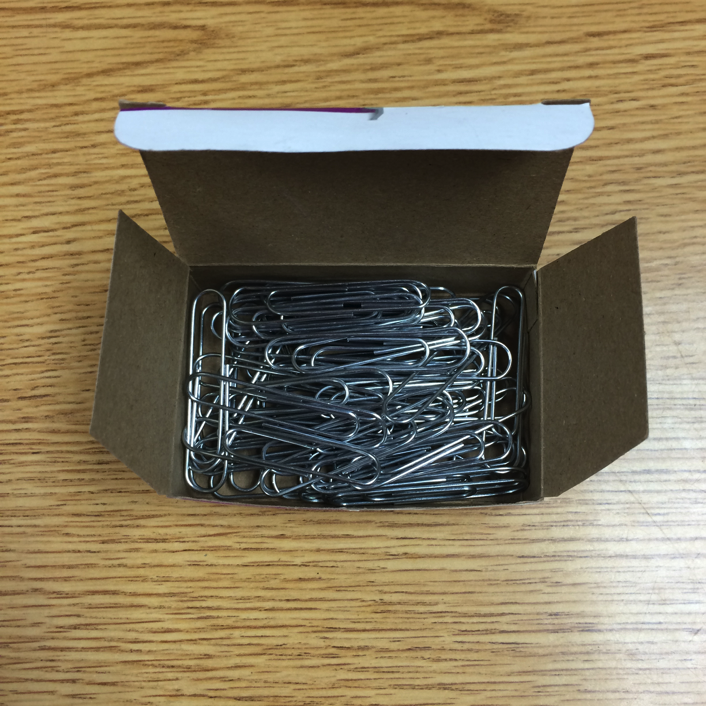
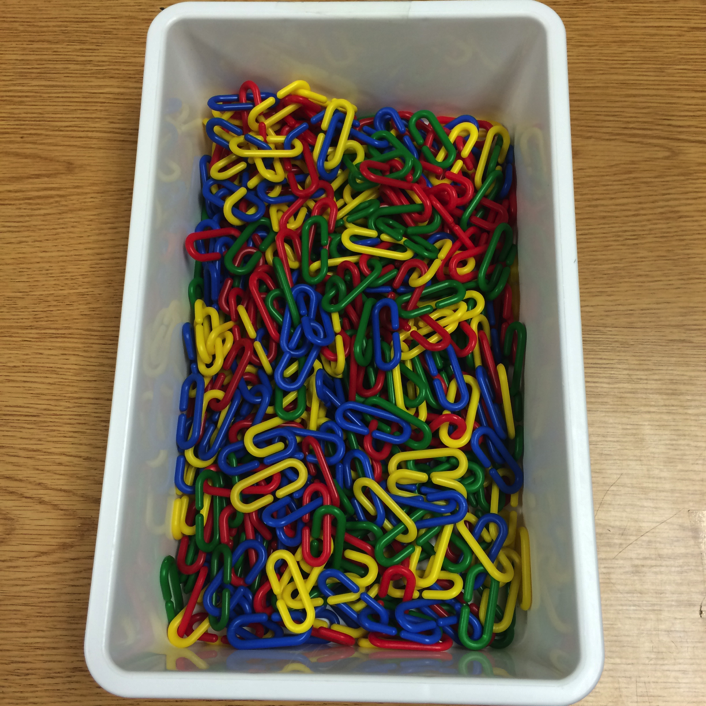
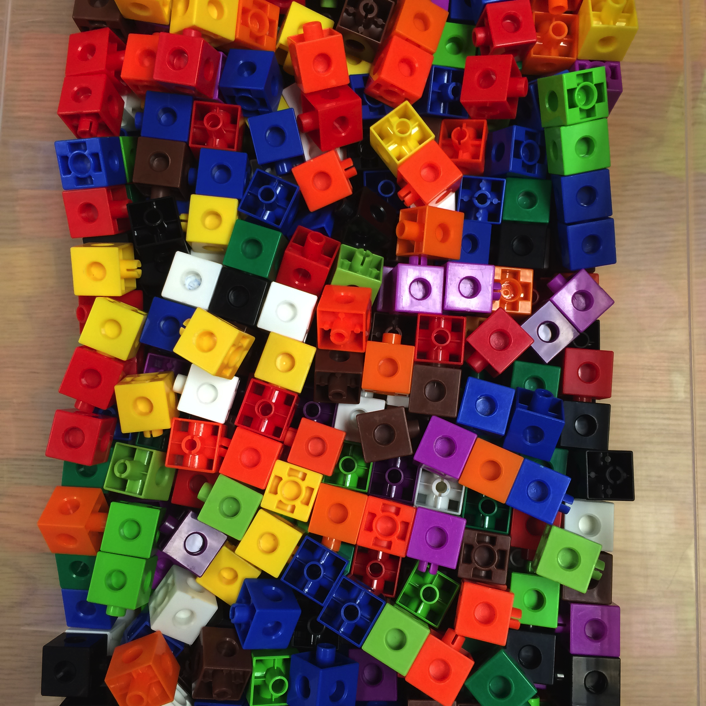
5. I allowed enough time for kids to measure their dogs, then rotated students to a different table.


6. When kids finished rotating through all measuring units, they were done! I love the way these turned out!
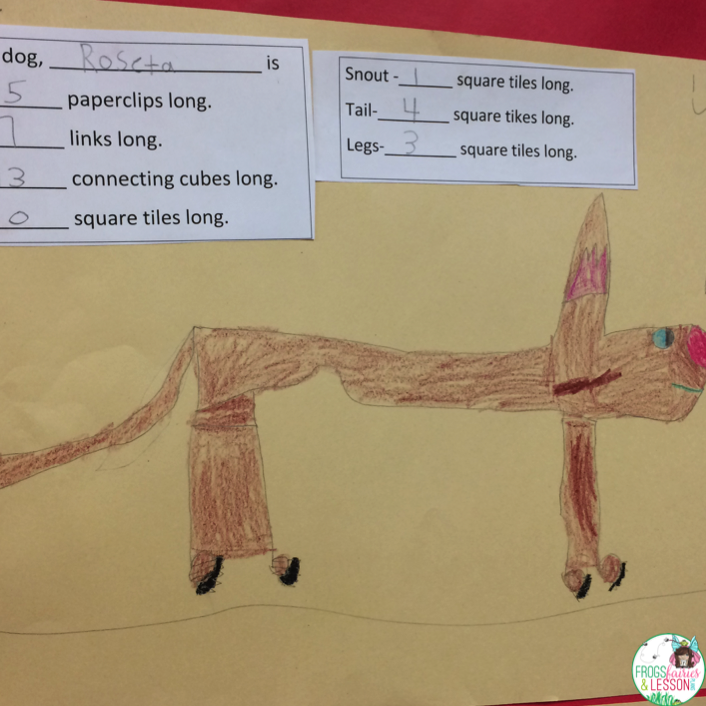
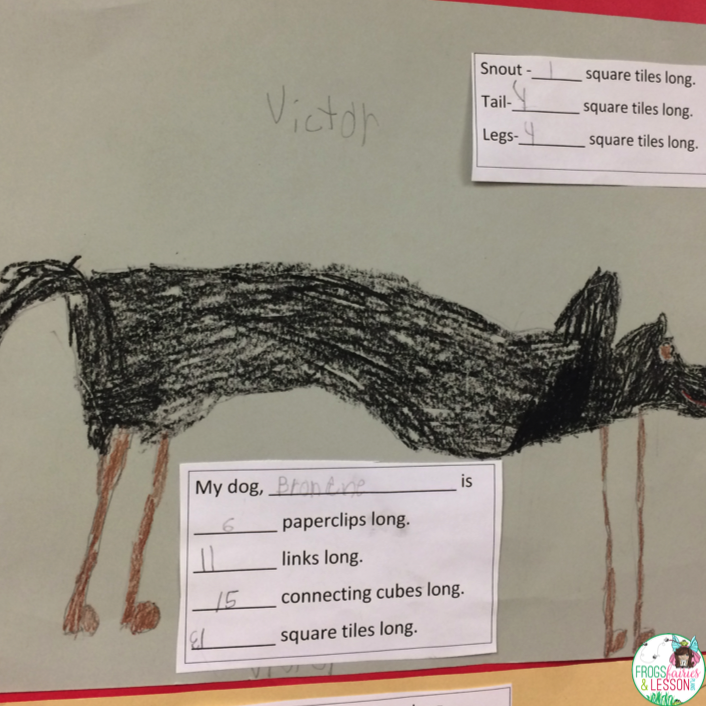
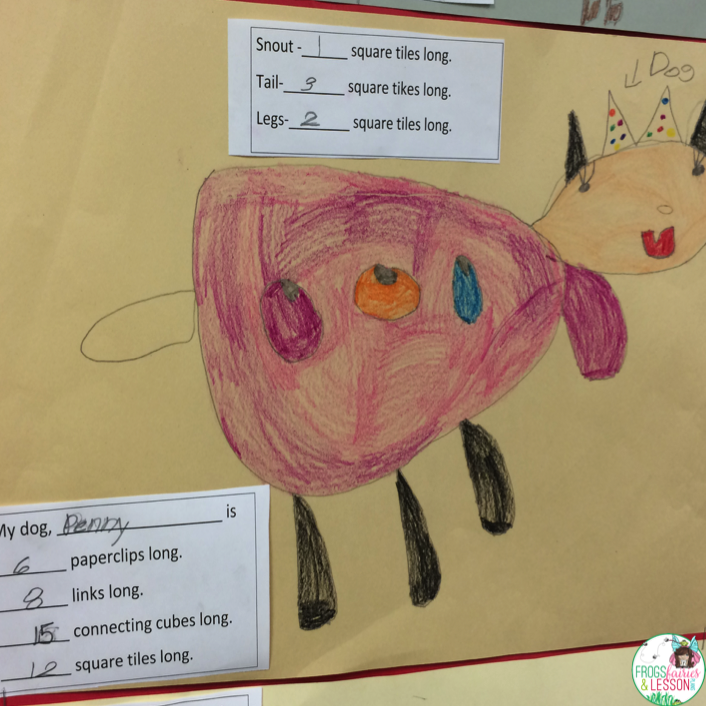
Things that I learned:
1 – This is not the kind of activity that you can “pull off”. It requires you to plan ahead and have your ducks in a row!
2 – Don’t assume that your students know that they need to draw a really big dog. Model drawing the dog yourself and stress that you are using most of the paper. You don’t want to have dogs so small that they can’t be measured…
3 – Practice rotating from table to table before the activity begins. Having the procedures down, saves a lot of time in the end.
4 – Students need to be shown how to properly align the units, and to not leave gaps between them even after you have practiced for a while!
5 – Be one of the rotations! Have kids come to you for one of their rotations. That way you can assess their understanding of this skill while they measure right in front of you!
*Resources*
If you are looking for resources to support your students’ understanding of measurements, I can definitely help you with that!
I have Measurement Packets that include tons of variety for measurement practice, including assessments! There are FREE SAMPLES available for each packet when you check out the product page.


1st Grade Measurement Packet 2nd Grade Measurement Packet
If you want to keep this information fresh all year you can assign homework that constantly reviews learned skills. This is the homework I have in case you are interested.
It’s 100% Common Core aligned and available as a TpT Digital Activity for Distance Learning!
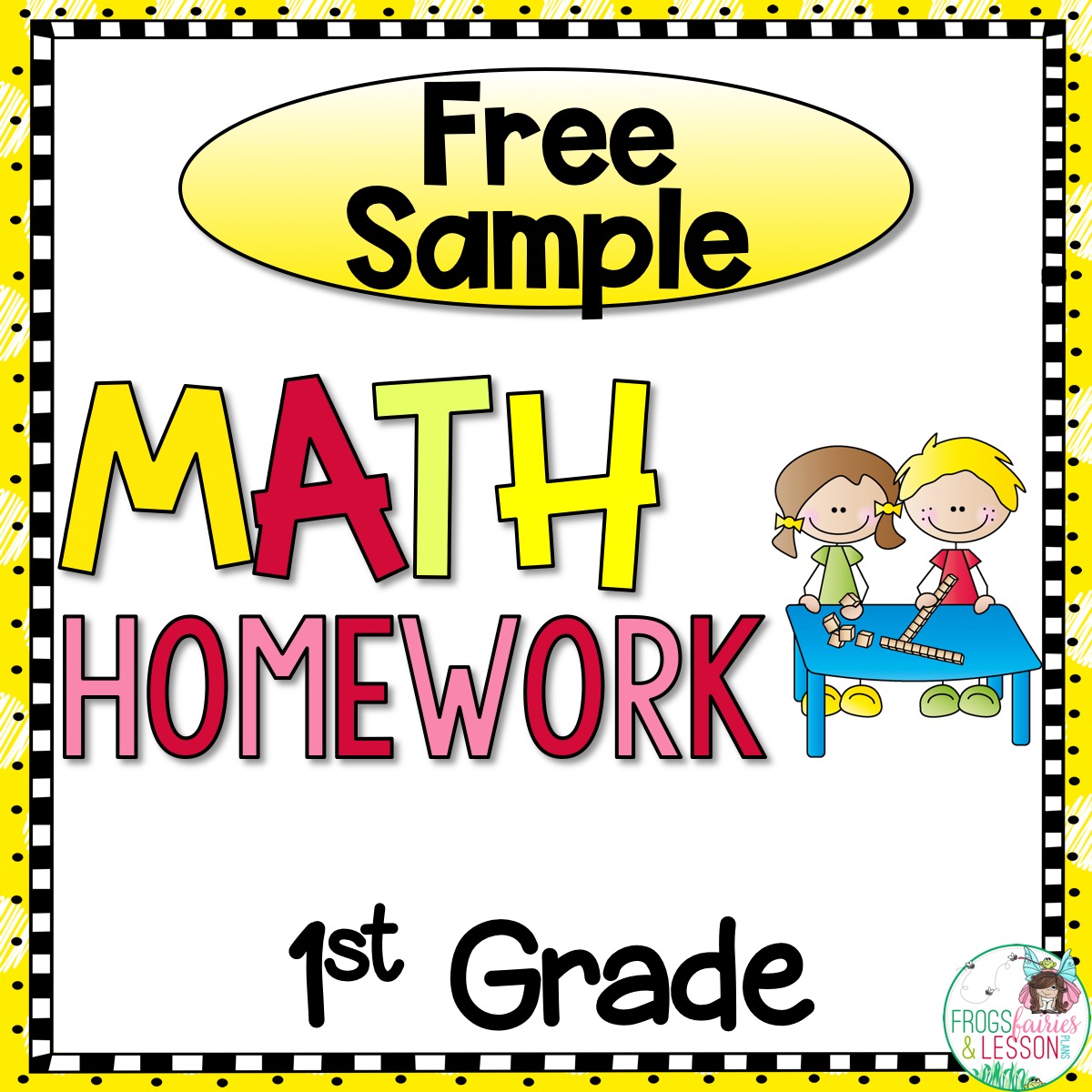 |
| Download Now |
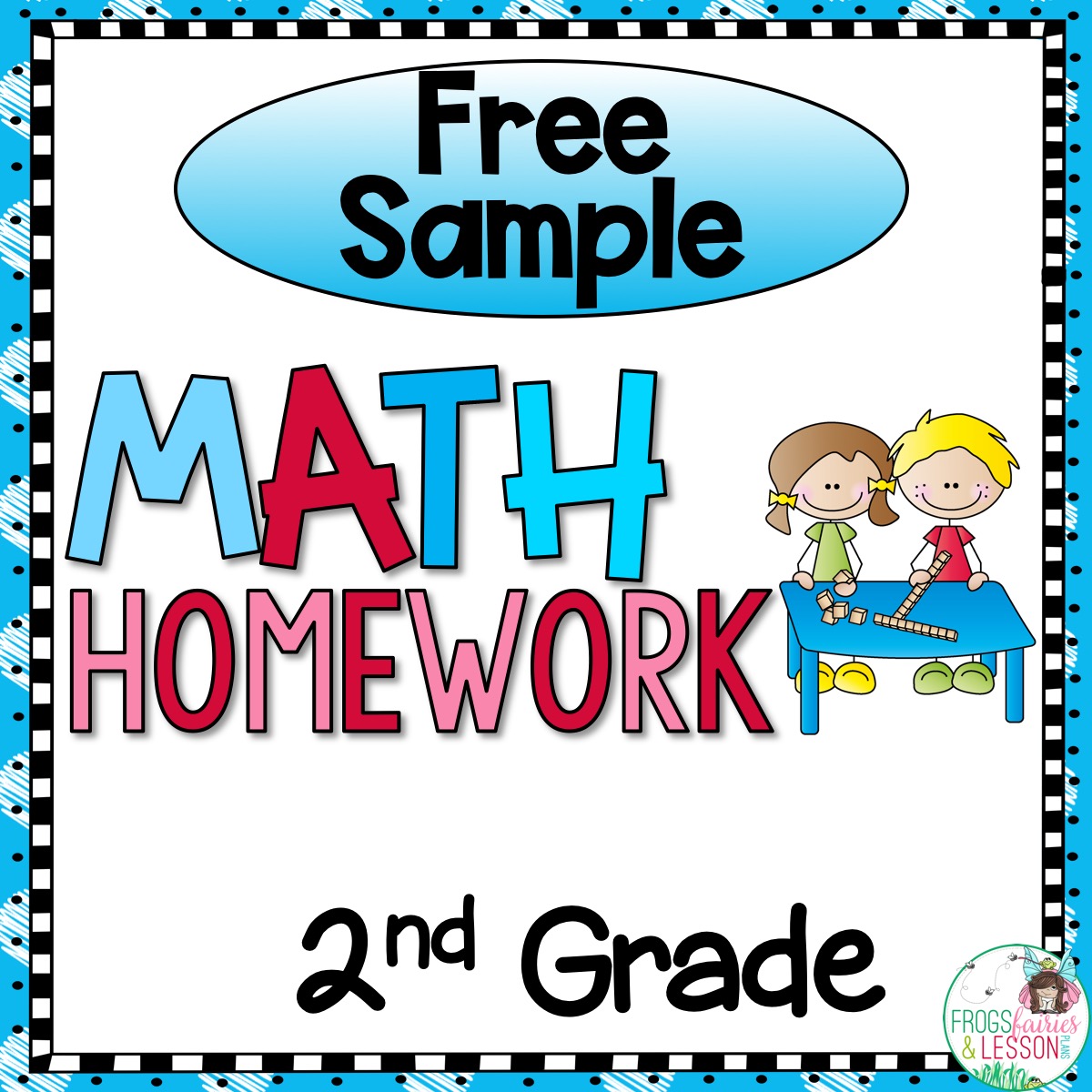 |
| Download Now |
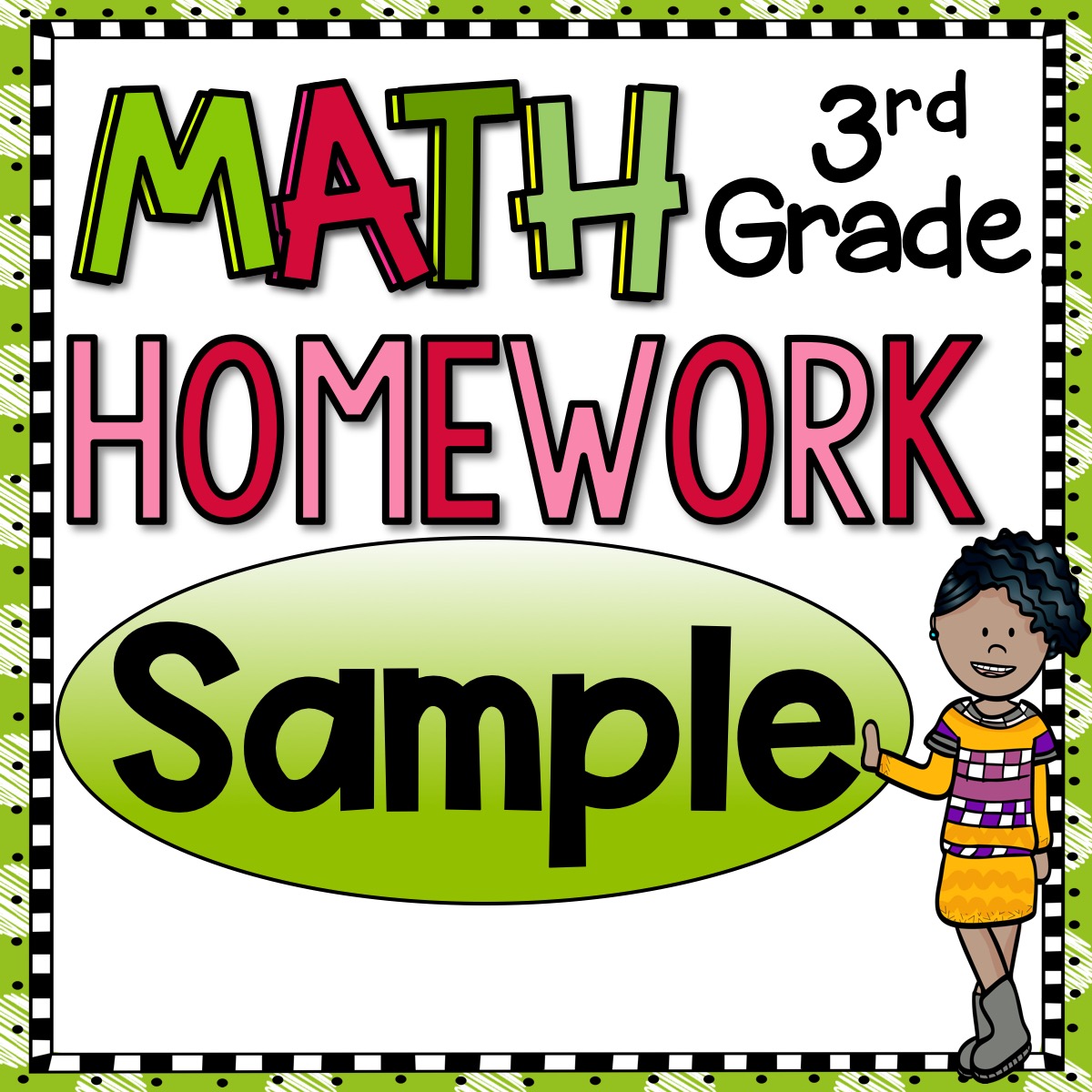 |
| Download Now |
More Math Blog Posts
This is really great! Thank you for the effort 🙂
Hey Tarneem, thanks for chiming in with a comment 🙂
Try this out in your classroom and let me know how it worked!